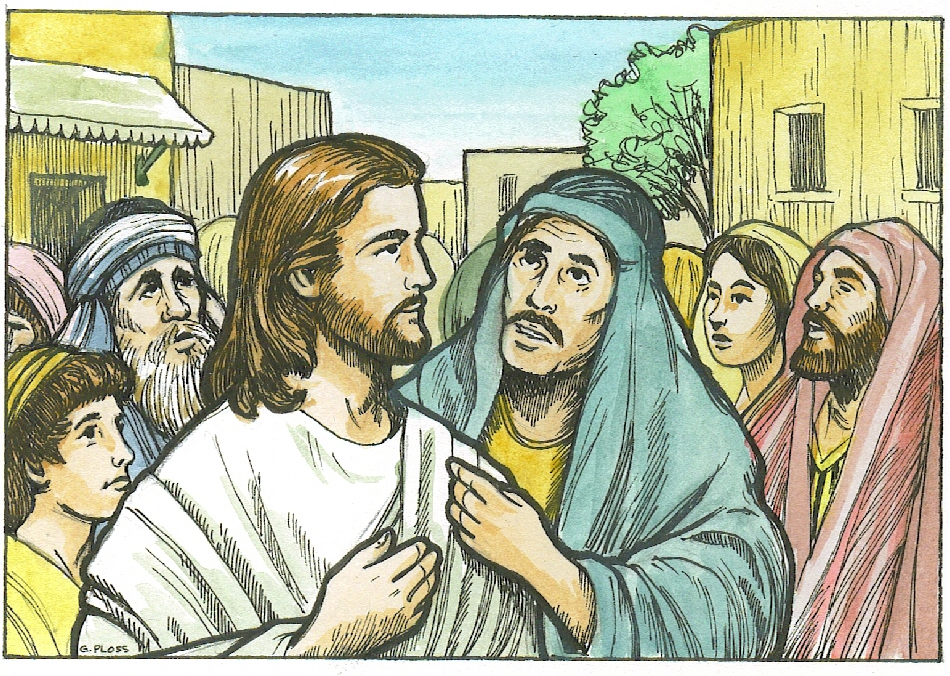
Editor’s note: The following comprises the fourth chapter, third part (C9), of The Gospel of Luke: An Exposition, by Charles R. Erdman (published 1936). All spelling in the original.
9. Kinship With Jesus (8:19-21)
___________________________________________________
19 And there came to him his mother and brethren, and they could not come at him for the crowd. 20 And it was told him, Thy mother and thy brethren stand without, desiring to see thee. 21 But he answered and said unto them, My mother and my brethren are these that hear the word of God, and do it.
___________________________________________________
It is only from the other Gospels that we learn the exact nature and purpose of the visit paid to Jesus by his mother and brethren. Luke does not reveal the fact that it occasioned one of the most delicate and difficult dilemmas by which our Lord was ever confronted. The real purpose of these relatives was to interrupt his work. They feared that his mind was unbalanced and they wished to take him home. Should Jesus repudiate them, or should he allow his work needlessly to be interrupted? This situation Luke does not sketch, but he does state clearly the impressive message which Jesus found occasion to deliver. When Jesus was told that these relatives desired to see him, he pointed to his disciples with the reply, “My mother and my brethren are these that hear the word of God, and do it.” Thus Luke connects this incident with the parable of the Sower which he has just related. The parable shows the need of careful attention to the gospel truth, and, according to Luke’s account of this incident, the same fact is emphasized, namely, the blessed result of heeding the divine Word. According to the statement of Christ, such obedience to him and such true discipleship as was shown by his followers results in a relationship with him more intimate and close than is secured by any human ties. This spiritual kinship is more vital than any relationship of blood or of nature. It results in a fellowship, at once blessed and forever abiding, which is possible for all. The reply of our Lord could not have offended his brethren even though it did contain a delicate rebuke. Only those have a right to claim relationship with him who submit to him as their Lord and are ready to do his will.
(Go back to previous chapter)
(Continue to next chapter)

The Gospel of Luke: An Exposition (Luke 8:19-21)
Latest from Religion

The Weimar Years – Part 1
This started out as an attempt to better understand Weimar Germany by chronicling my reactions to the audiobook version of “The Weimar Years: Rise and Fall 1918-1933” by Frank McDonough. Writing my
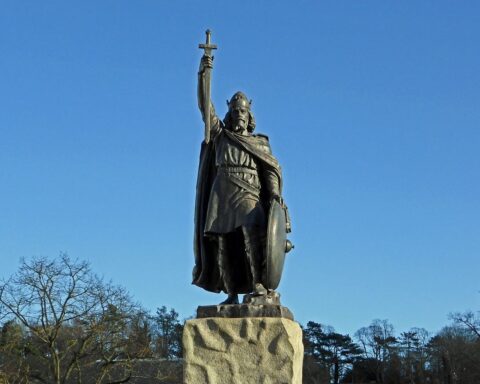
Alfredus Rex Fundator
"Alfred was a Christian hero, and in his Christianity he found the force which bore him, through calamity apparently hopeless, to victory and happiness."
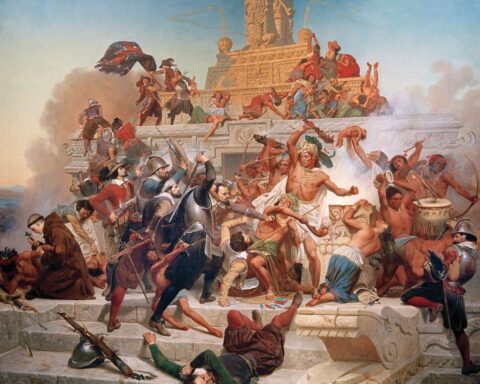
The Story of Cortez
It seemed to me that, having to speak tonight to soldiers, that I ought to speak about soldiers. Some story, I thought, about your own profession would please you most and teach
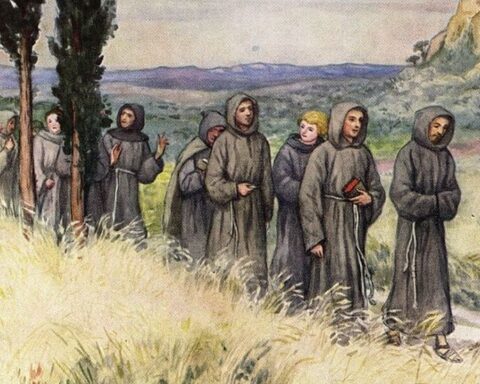
The Coming of the Friars
When King Richard of England, whom men call the Lion-hearted, was wasting his time at Messina, after his boisterous fashion, in the winter of 1190, he heard of the fame of Abbot
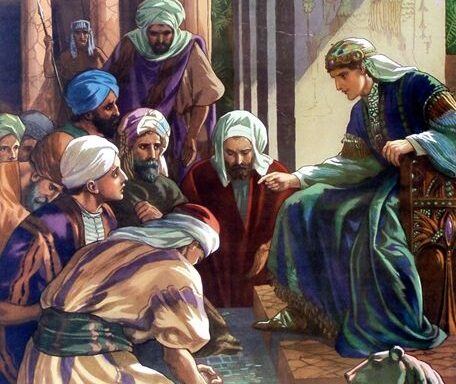
“Joseph” by Charles Kingsley
Editor’s note: The following is extracted from The Works of Charles Kingsley, Vol. 25 (published 1885). (Preached on the Sunday before the Wedding of the Prince of Wales. March 8th, third Sunday



